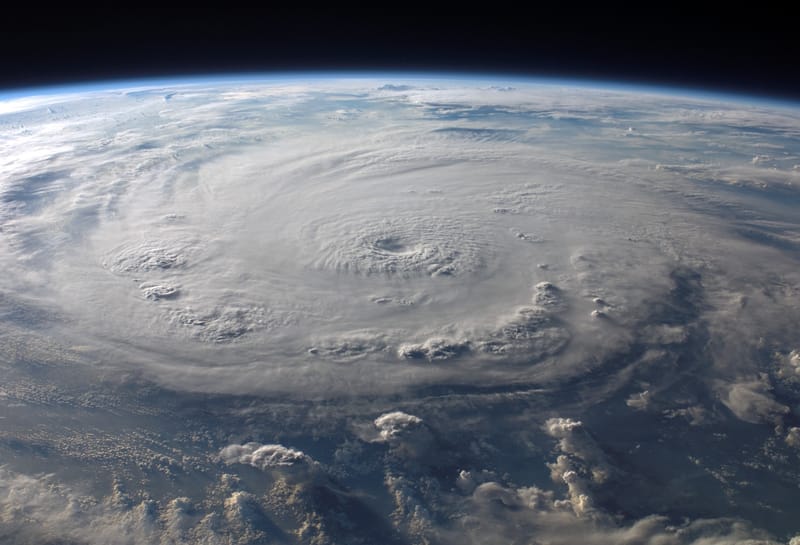Disasters and Survival Preparedness: Why we are not ready for it.

The lack of preparedness for natural disasters and survival situations is a global issue influenced by a multitude of factors, many of which are deeply ingrained in human psychology, societal structures, and economic realities. Understanding why people often fail to adequately prepare for these potentially life-threatening events requires an in-depth examination of these factors.
One of the fundamental reasons for this lack of preparedness is optimism bias. This psychological phenomenon leads individuals to believe that they are less likely to experience disasters than others. It fosters a sense of invulnerability, which can lead to complacency. Many people underestimate the probability of facing a significant natural disaster in their lifetime, contributing to a lack of motivation to prepare. This bias is further reinforced by a lack of personal experience with severe disasters, causing people to believe that such events are remote possibilities that won't directly affect them.
Moreover, there is often a lack of awareness and understanding about the true severity of natural disasters and their far-reaching consequences. If individuals haven't personally witnessed or been adequately educated about the devastating impacts of these events, they may not grasp the gravity of the situation. For example, someone living in an area with a history of relatively mild disasters might not appreciate the potential destruction and loss of life that more catastrophic events can bring. This lack of awareness can create a false sense of security and discourage preparedness efforts.
To learn more about natural disasters and survival preparedness, click here.
Procrastination is another significant barrier to preparedness. Preparing for natural disasters and survival situations can be a time-consuming, effort-intensive, and sometimes costly process. Many people are inclined to procrastinate when faced with such daunting tasks. They may believe that they have ample time to prepare and therefore delay taking any action. This tendency to delay preparedness activities can lead to a lack of essential emergency supplies, communication plans, and evacuation strategies when a disaster does strike.
Some individuals erroneously believe that government agencies will handle everything during a disaster. They place unwavering faith in the effectiveness of government disaster response and relief efforts, assuming that they will be saved by external assistance. While government agencies play a crucial role in disaster management, their resources can become overwhelmed during large-scale events. Relying solely on external assistance can leave individuals and communities vulnerable, especially in situations where help might not arrive immediately.
Social influences also play a significant role in the lack of preparedness. People tend to conform to societal norms and expectations, and in some communities, preparedness might not be seen as a social norm. The fear of being labeled as overly cautious or paranoid can deter individuals from taking proactive measures to prepare. This social conformity bias can discourage preparedness efforts, even among those who recognize the importance of being ready for disasters.

Economic constraints are a formidable obstacle to preparedness. Low-income individuals or families often lack the financial means to invest in emergency supplies, home fortifications, or insurance. The cost associated with preparedness can be prohibitive, and a lack of access to savings can further exacerbate this issue. Economic limitations disproportionately affect vulnerable populations, leaving them at a higher risk of suffering the most during and after a disaster.
Additionally, the psychology of denial cannot be underestimated. The mere thought of a natural disaster can be terrifying, and acknowledging the possibility of such an event can induce anxiety and stress. Many individuals employ denial as a psychological defense mechanism to cope with this fear. They avoid thinking about the potential disaster altogether, believing that if they don't acknowledge it, it won't happen. This avoidance strategy not only hinders preparedness but can also lead to inadequate responses when a disaster does occur, as individuals may be caught off guard.
To learn more about natural disasters and survival preparedness, click here.
In conclusion, the failure to adequately prepare for natural disasters and survival situations is a multifaceted issue deeply rooted in human psychology, societal dynamics, and economic realities. These factors include optimism bias, lack of awareness, procrastination, overreliance on external support, societal influences, economic constraints, and psychological defense mechanisms like denial. Addressing this problem requires a comprehensive approach involving education, community support, and accessible resources to encourage individuals and communities to prioritize and undertake preparedness measures. Promoting awareness, dispelling myths, and making preparedness more accessible and affordable are essential steps toward building a more resilient and disaster-ready society. It's crucial to recognize that preparedness is not a luxury but a necessity, and efforts should be made to empower everyone to take proactive measures to protect themselves and their communities from the unpredictable forces of nature.